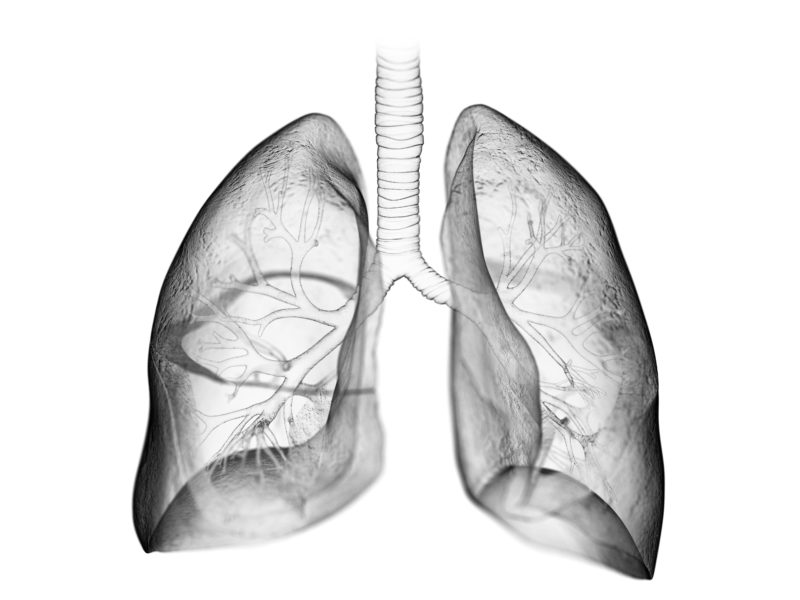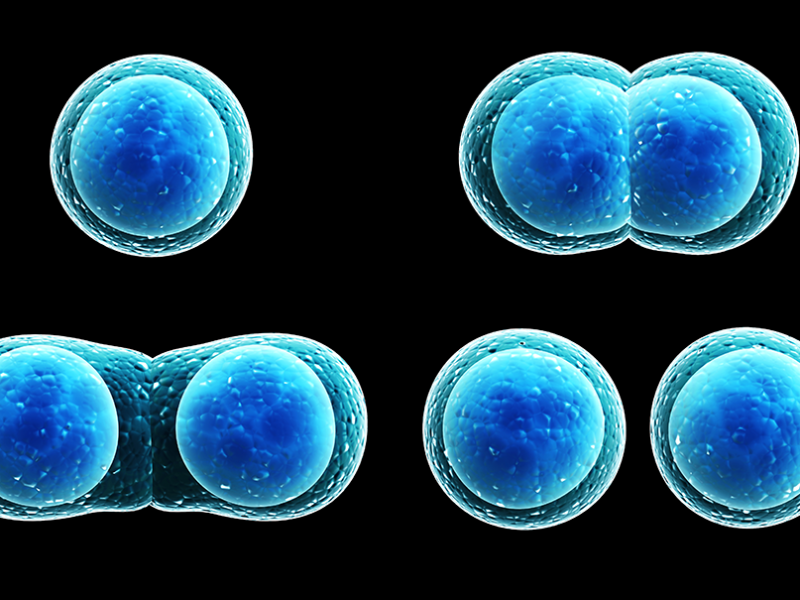As the global population grows older, understanding what drives the aging process is becoming increasingly important. Diseases like Alzheimer’s, cardiovascular conditions, and cancer are more common with age, yet many current treatments only manage symptoms rather than addressing the underlying biological causes.
Aging-US Research
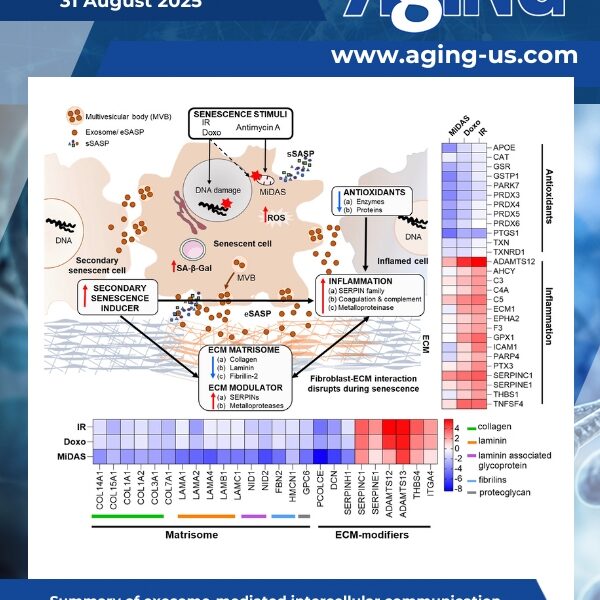
Senescence emerged as significant mechanism of aging and age-related diseases, offering an attractive target for clinical interventions. Senescent cells release a senescence-associated secretory phenotype (SASP), including exosomes that may act as signal transducers between distal tissues, and propagate secondary senescence.

Aging (Aging-US) invites submissions for a Special Collection dedicated to the theme of cellular senescence, spanning its basic mechanisms, physiological and pathological functions, and clinical applications.
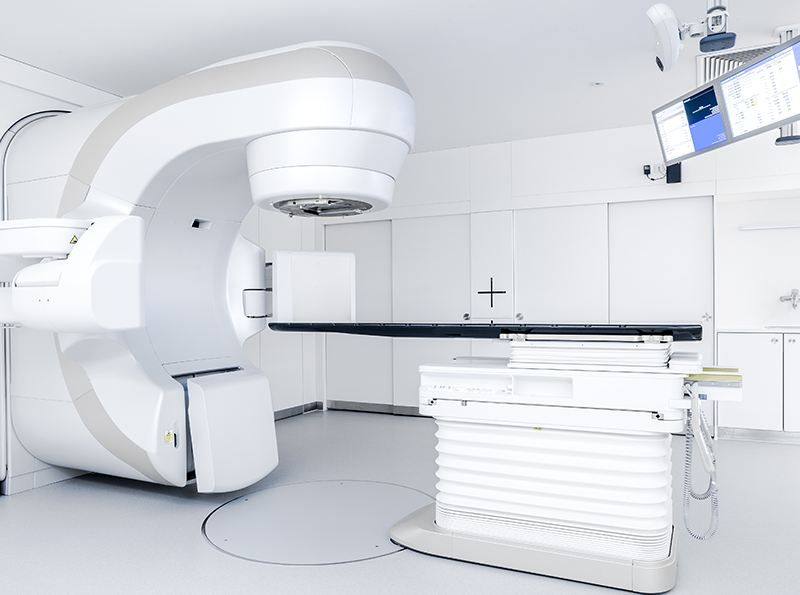
Researchers investigated radiation-induced senescent cells and their effects on tumor growth, and senotherapeutics to mitigate these effects.
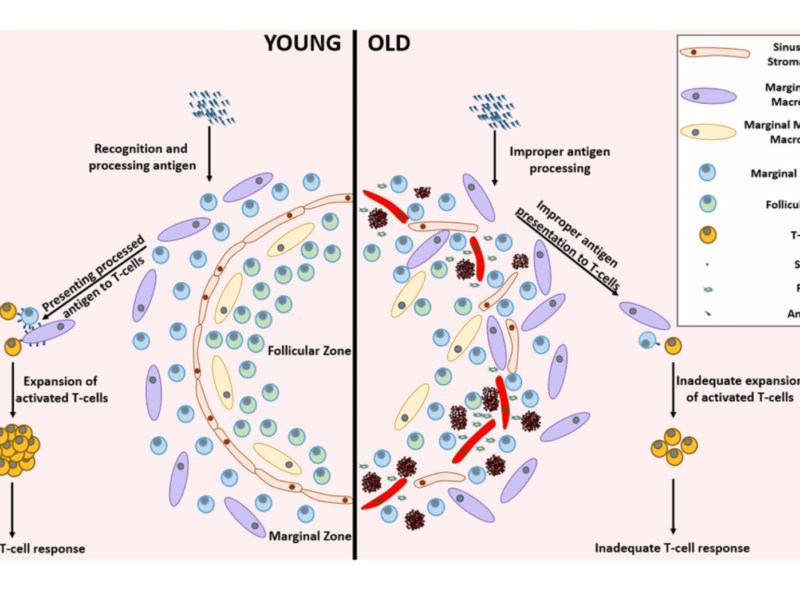
Literature on the interaction between cellular senescence and the immune system is reviewed, with a focus on cellular senescence in lymphoid organs.

Researchers from the Campisi Lab discovered new insights while investigating Cdkn1a transcript variants 1 and 2.


